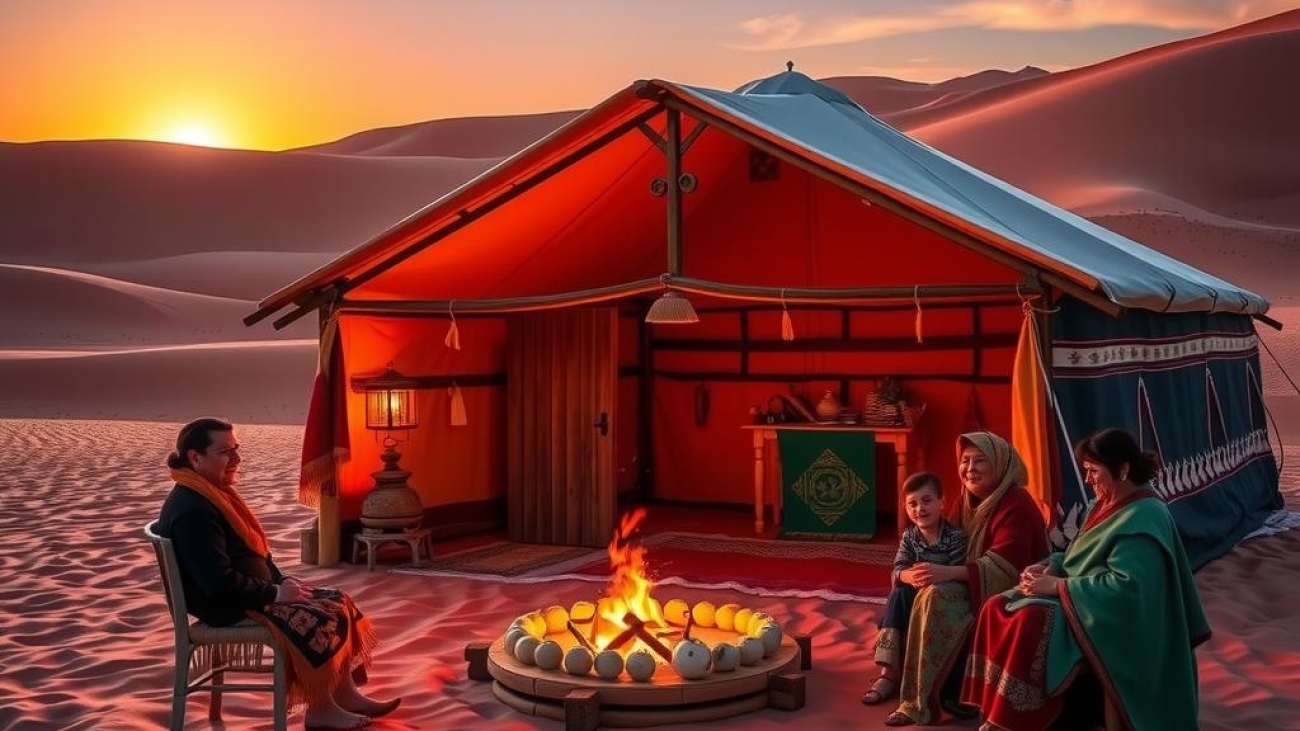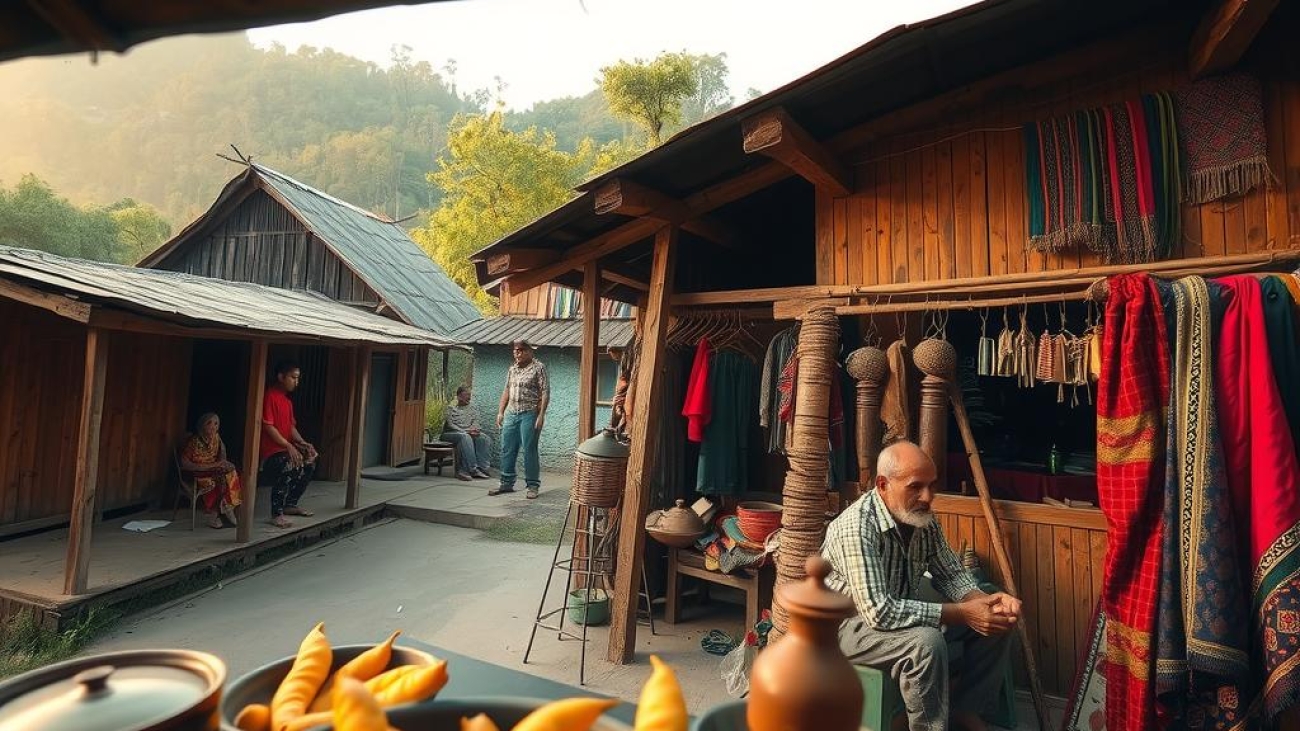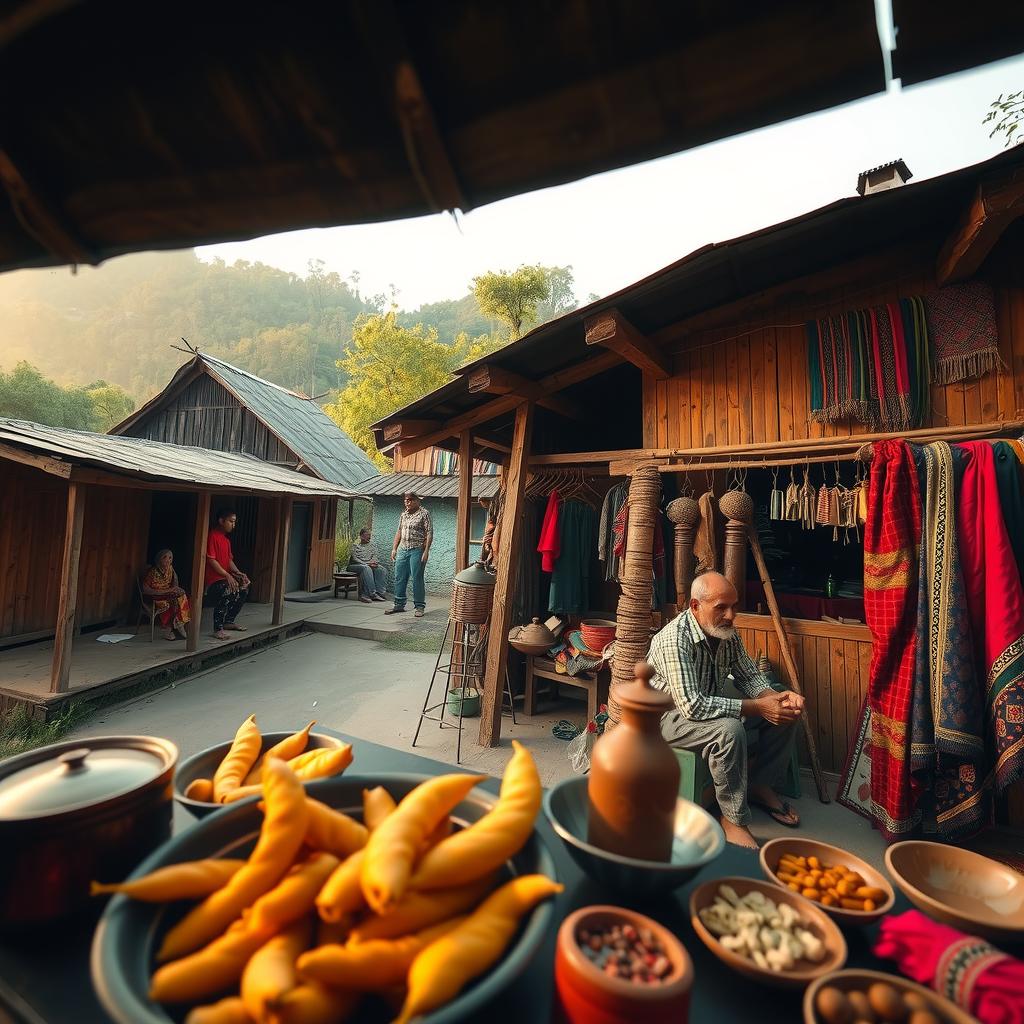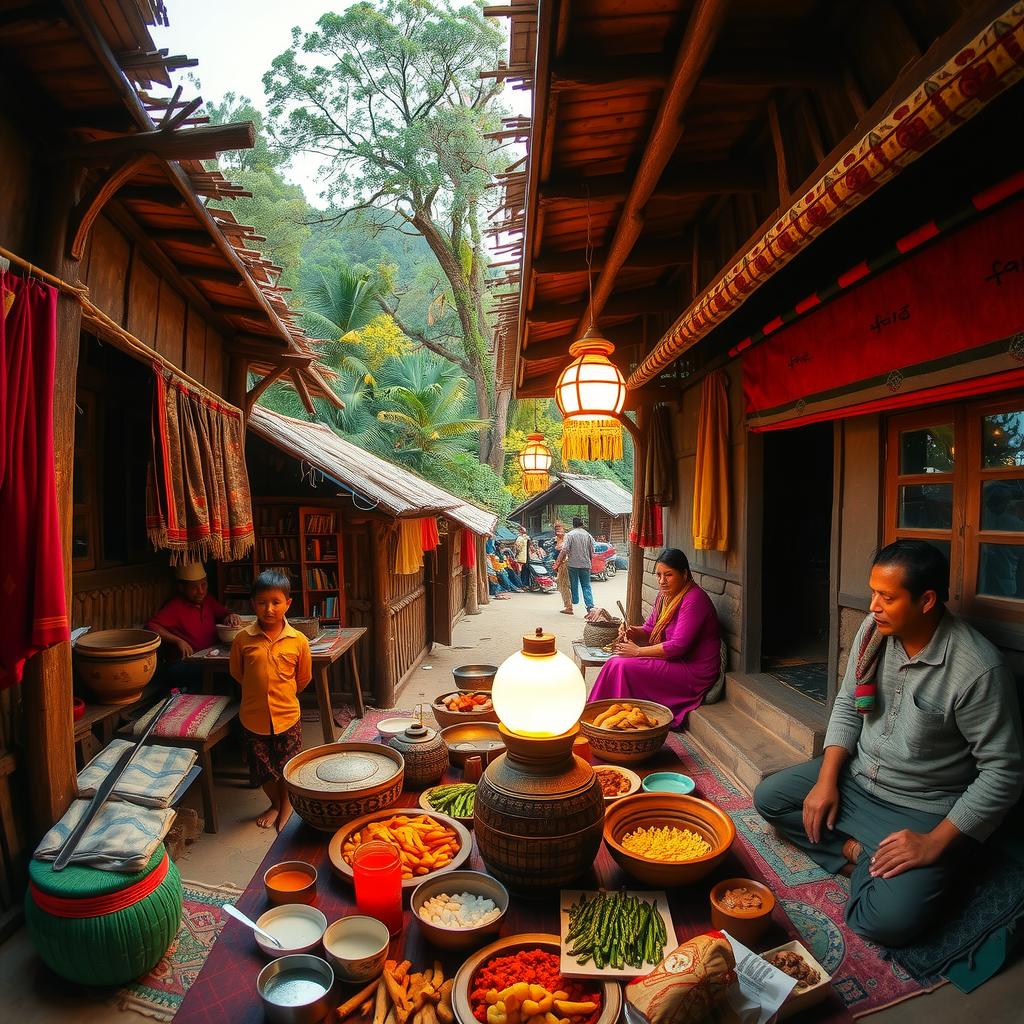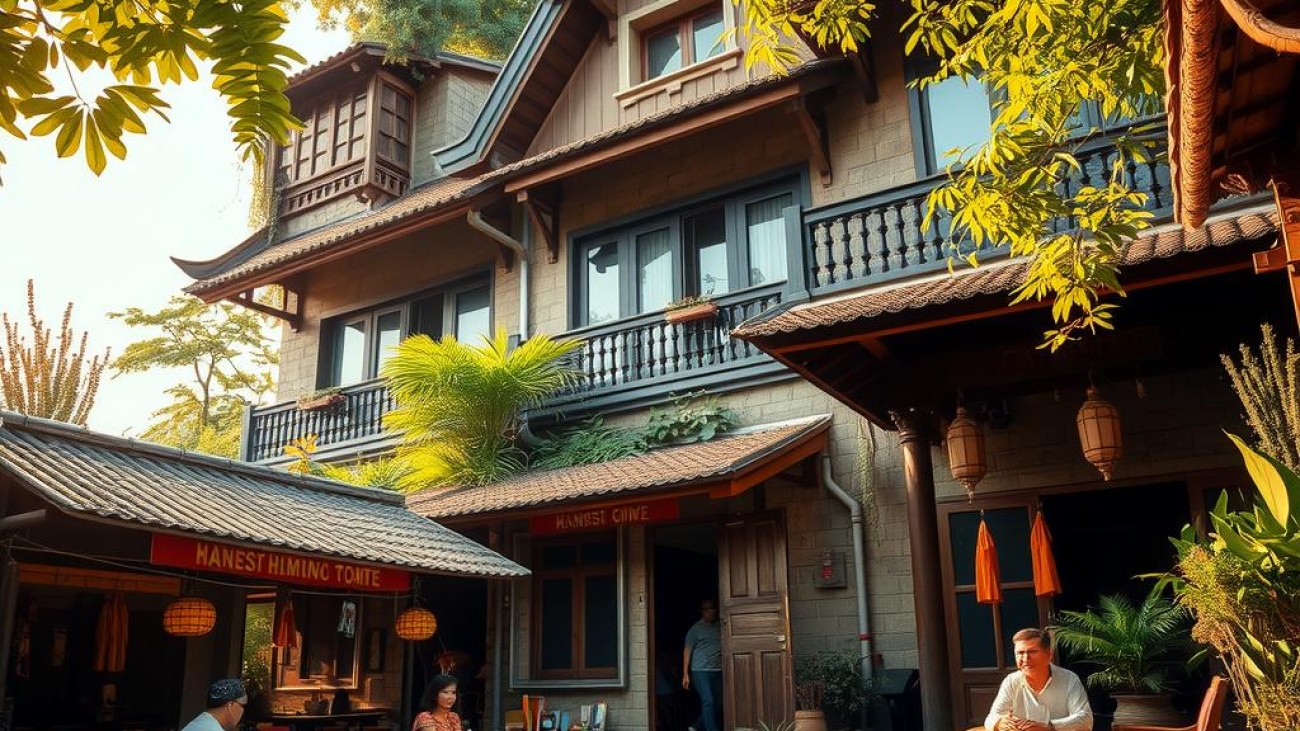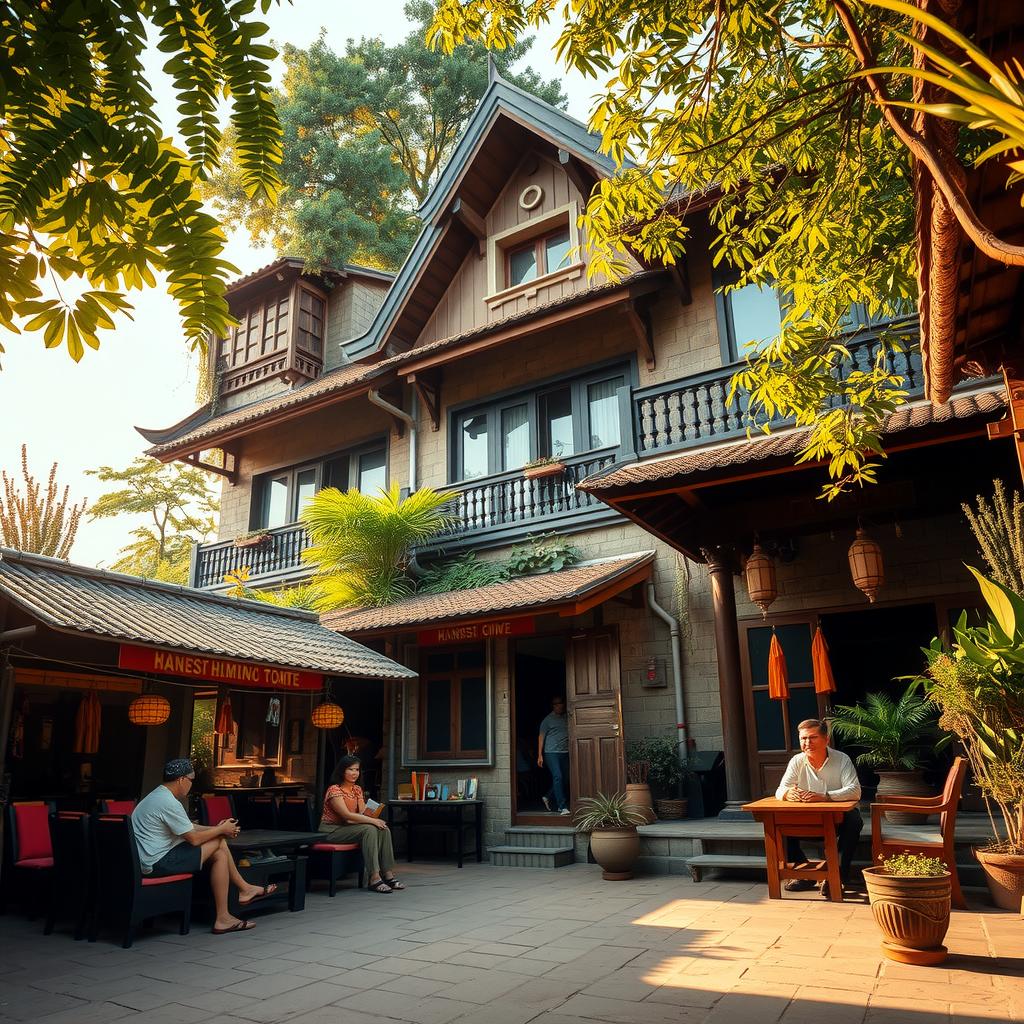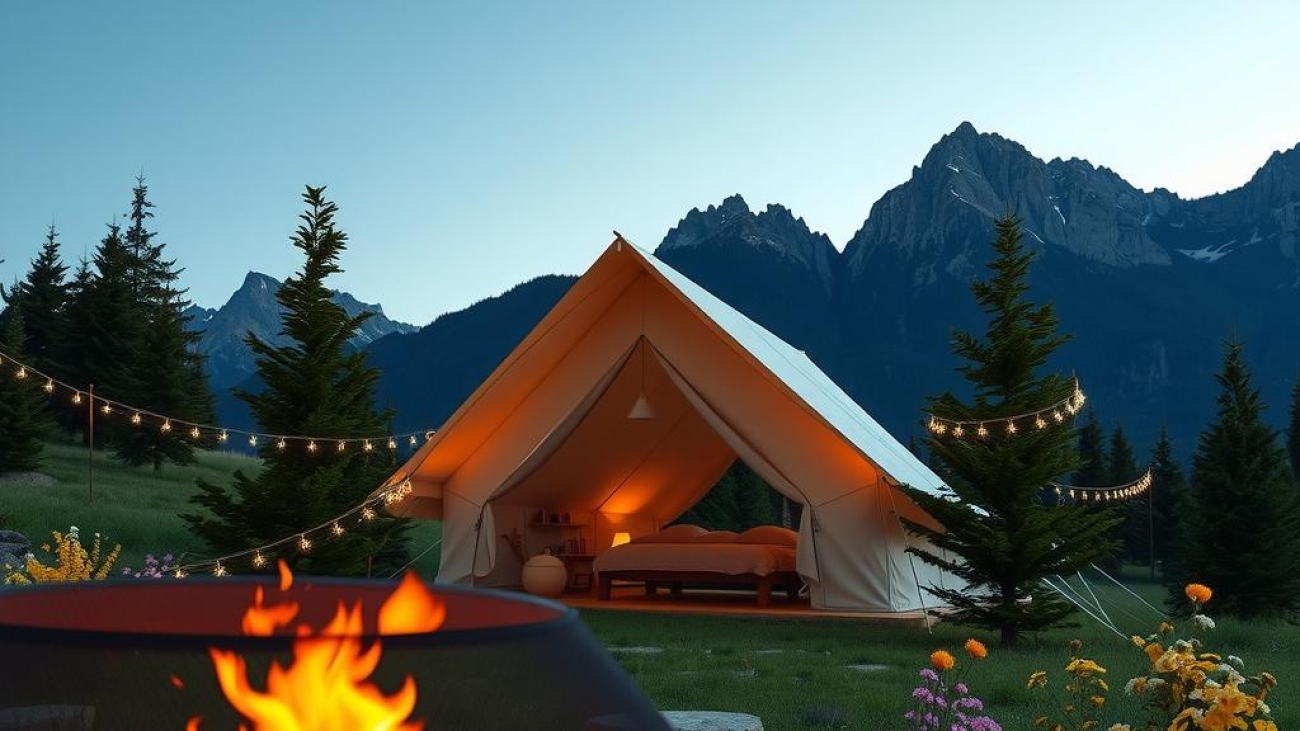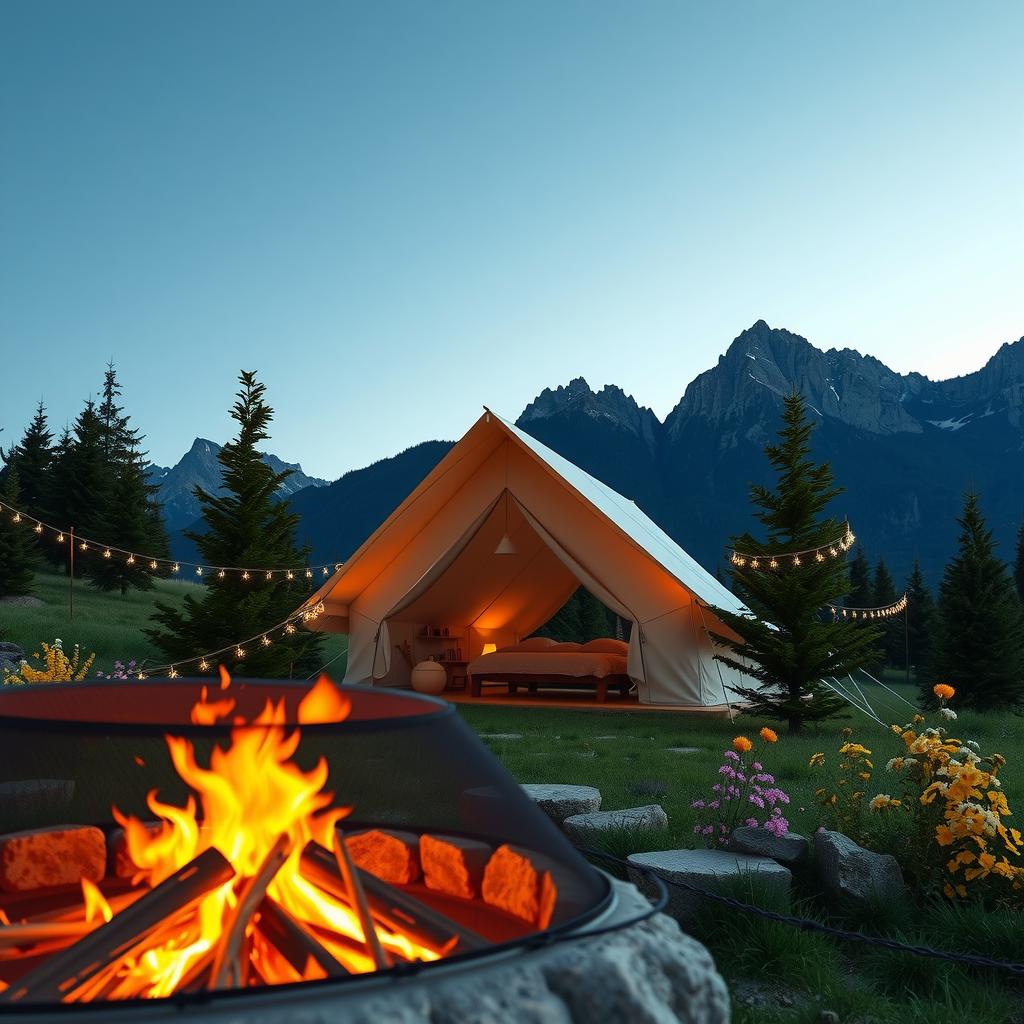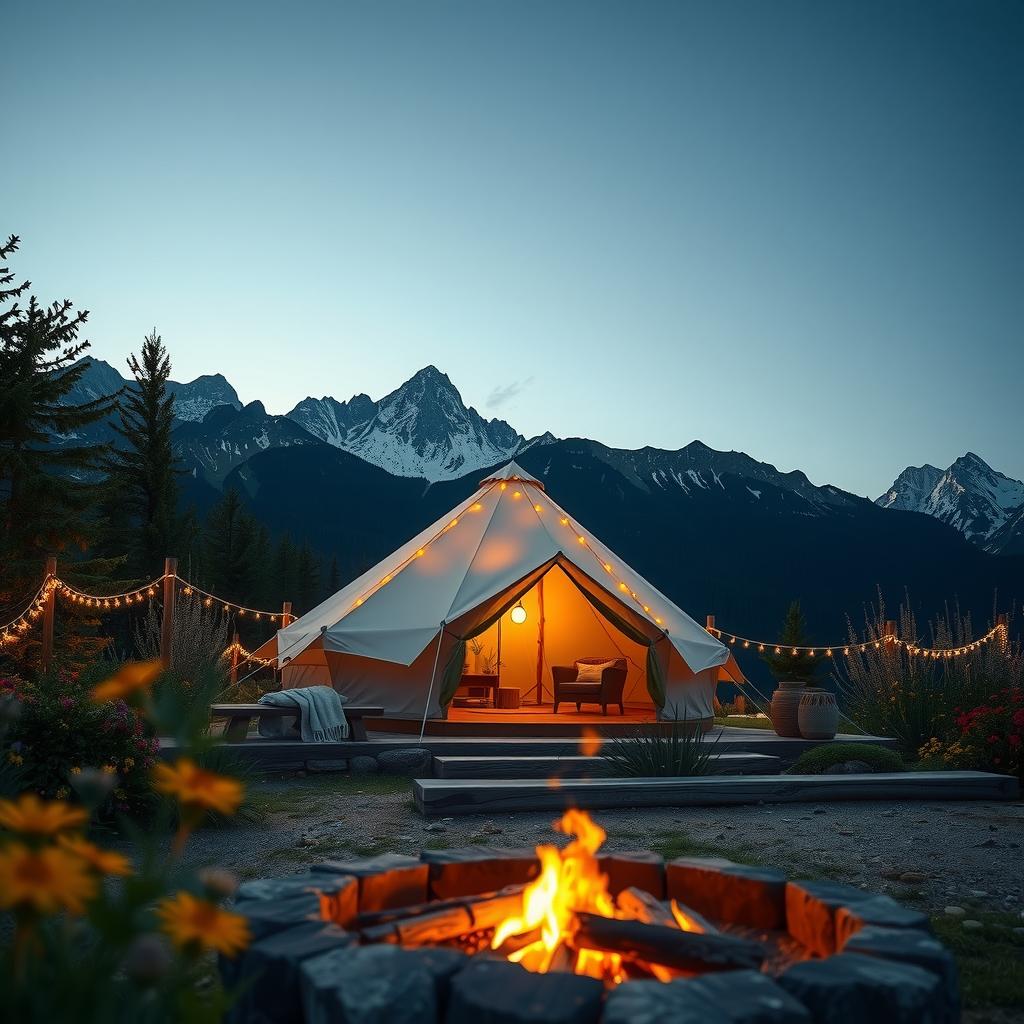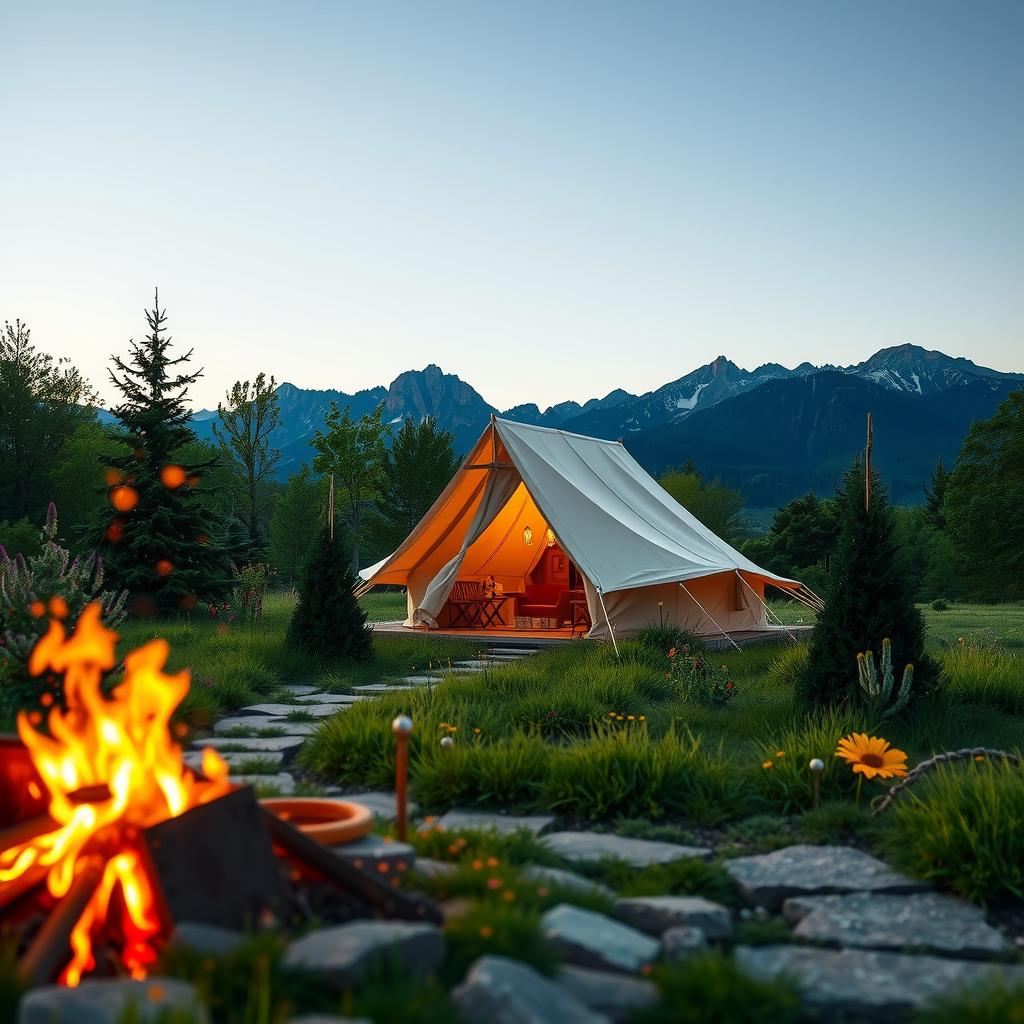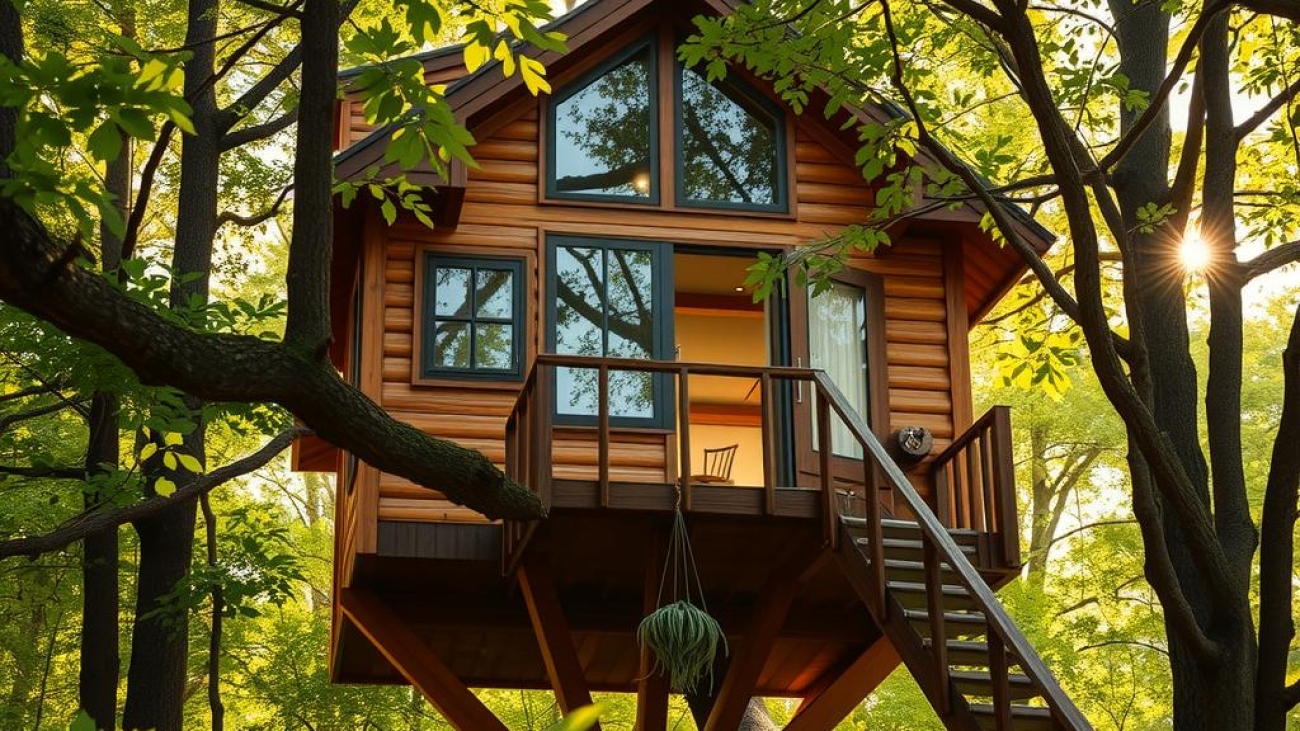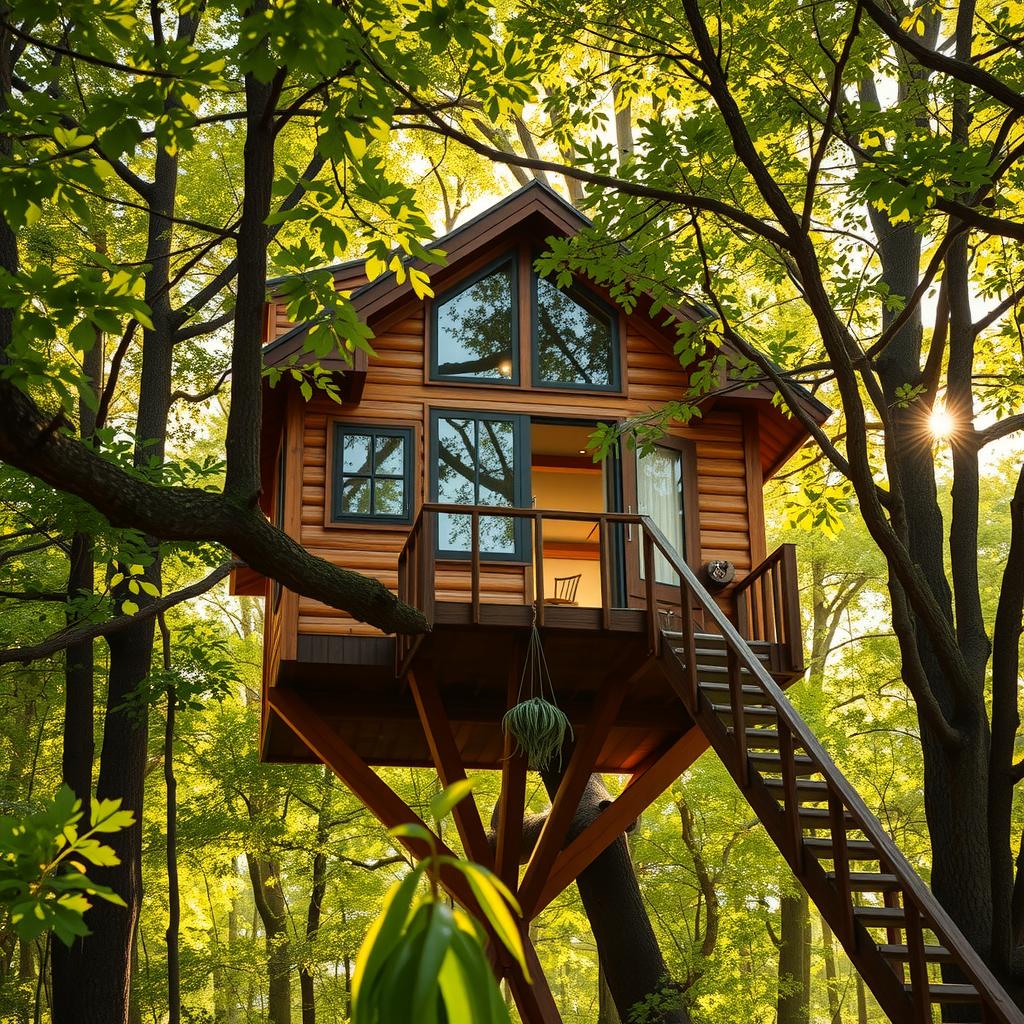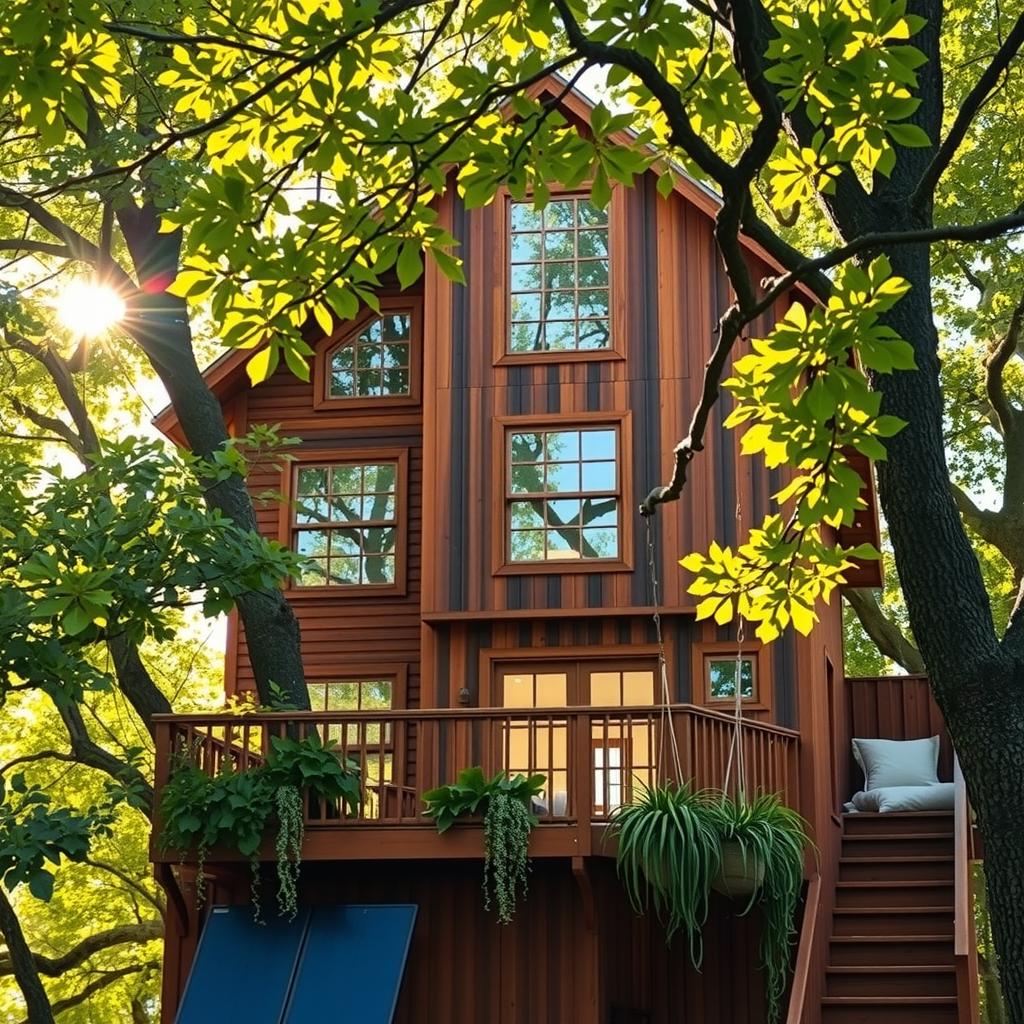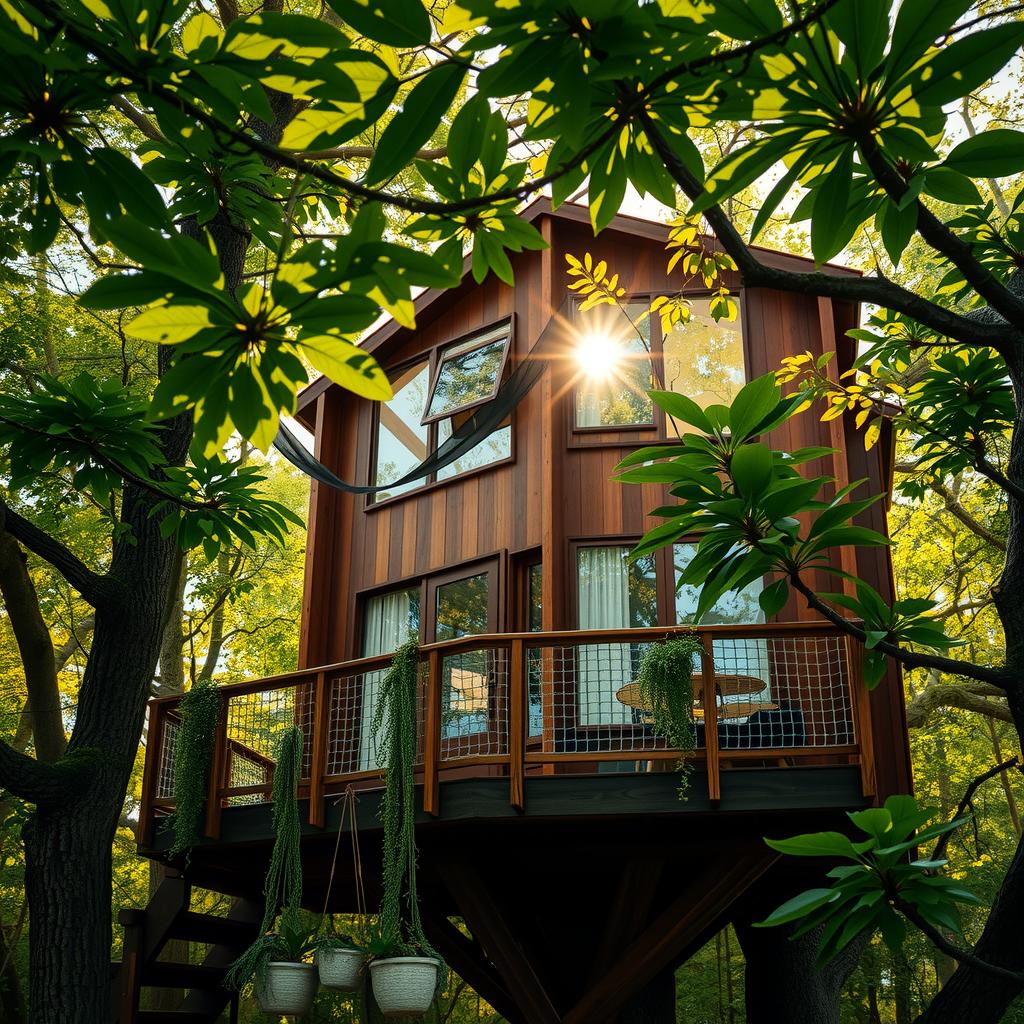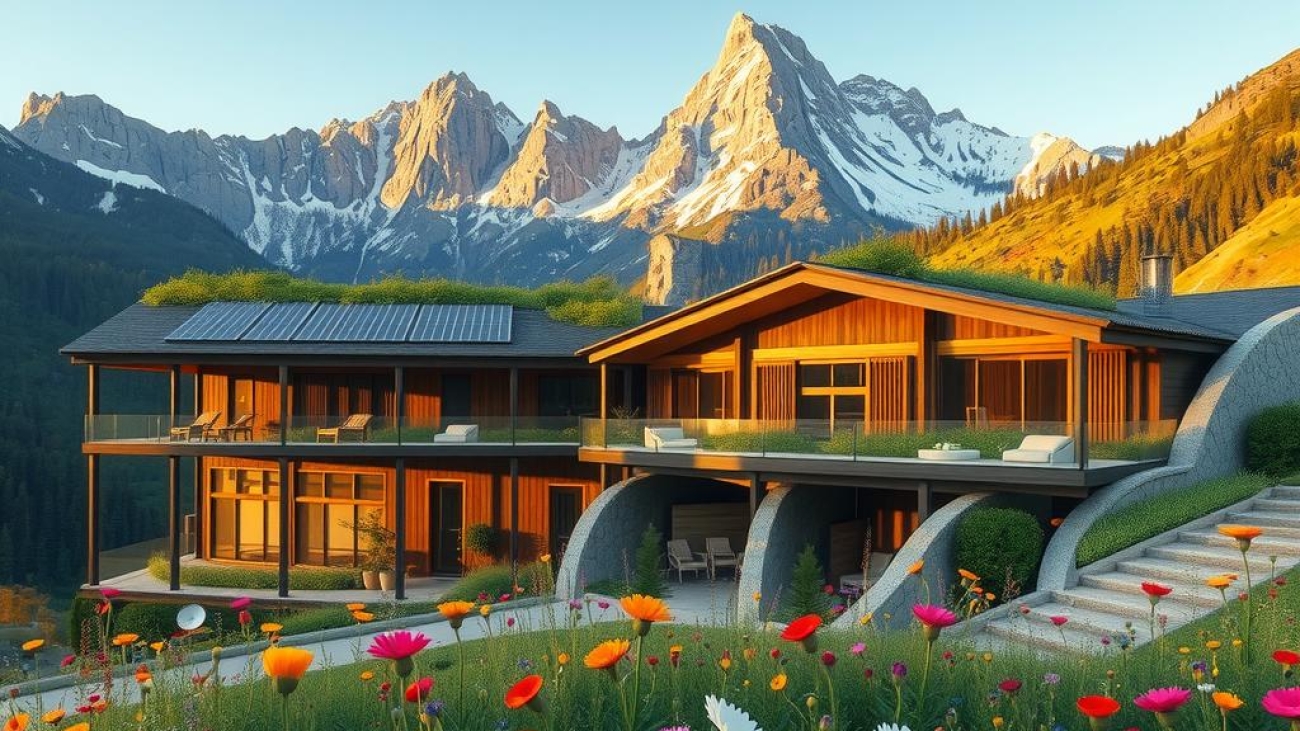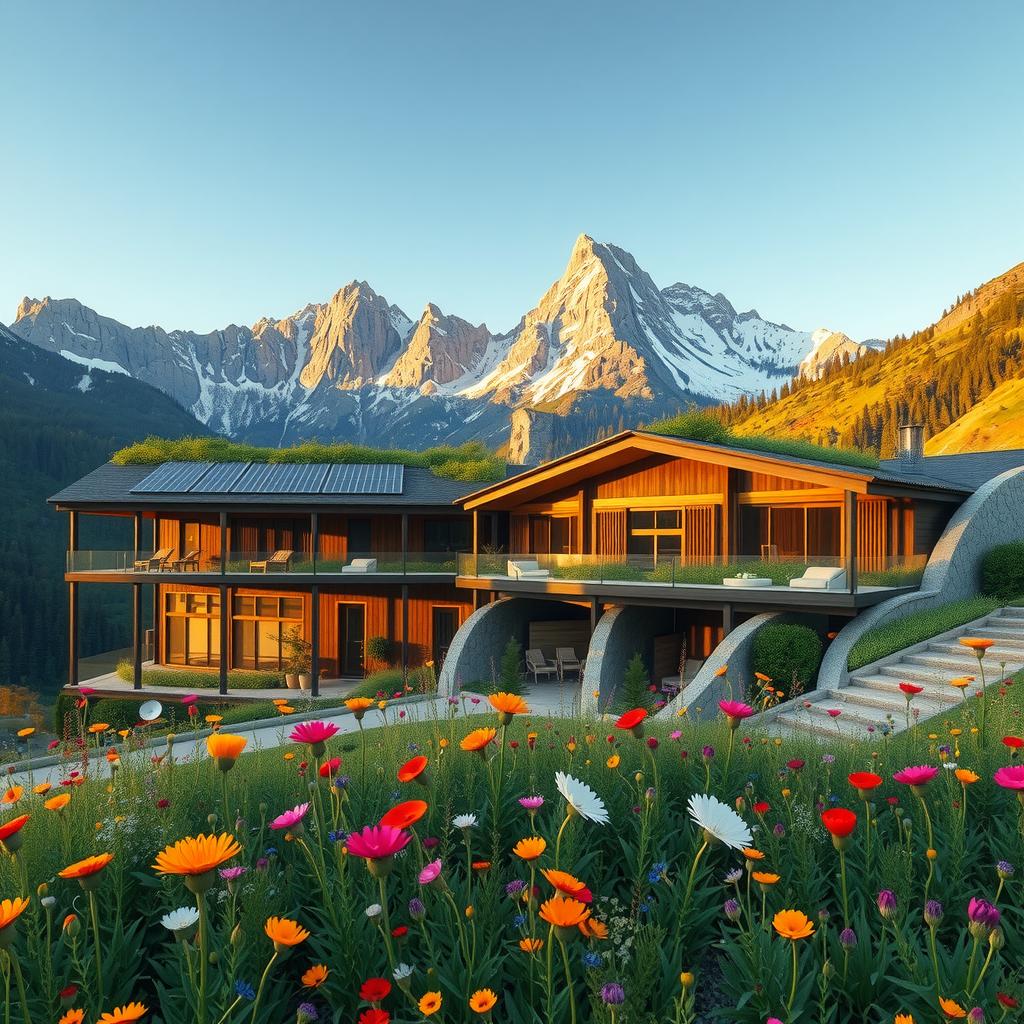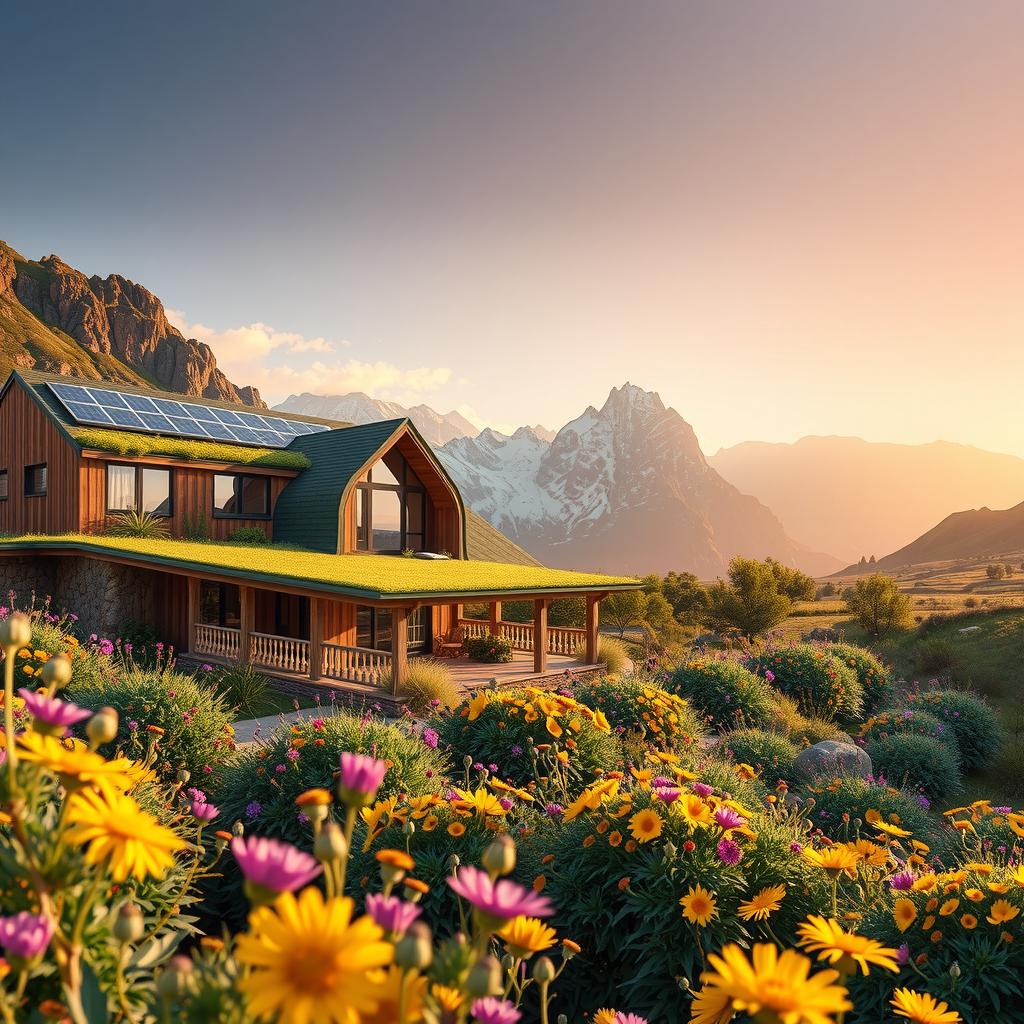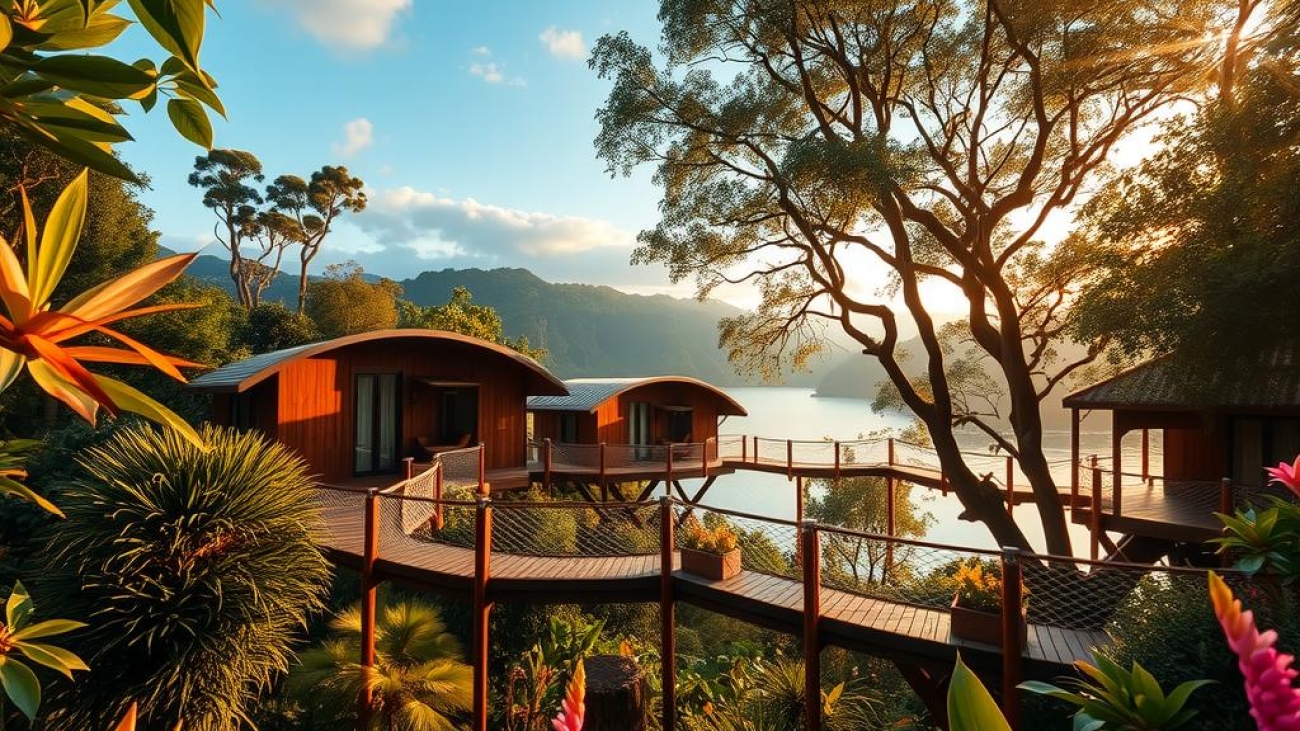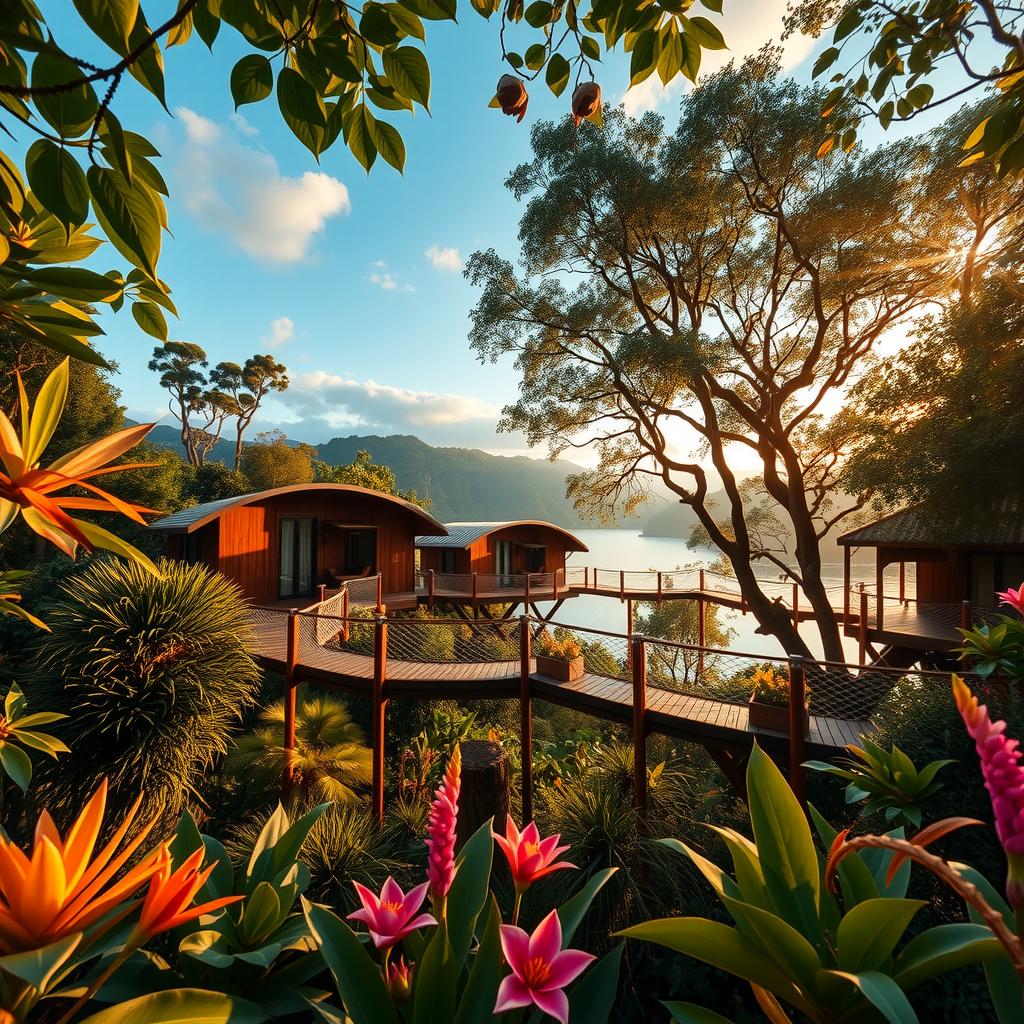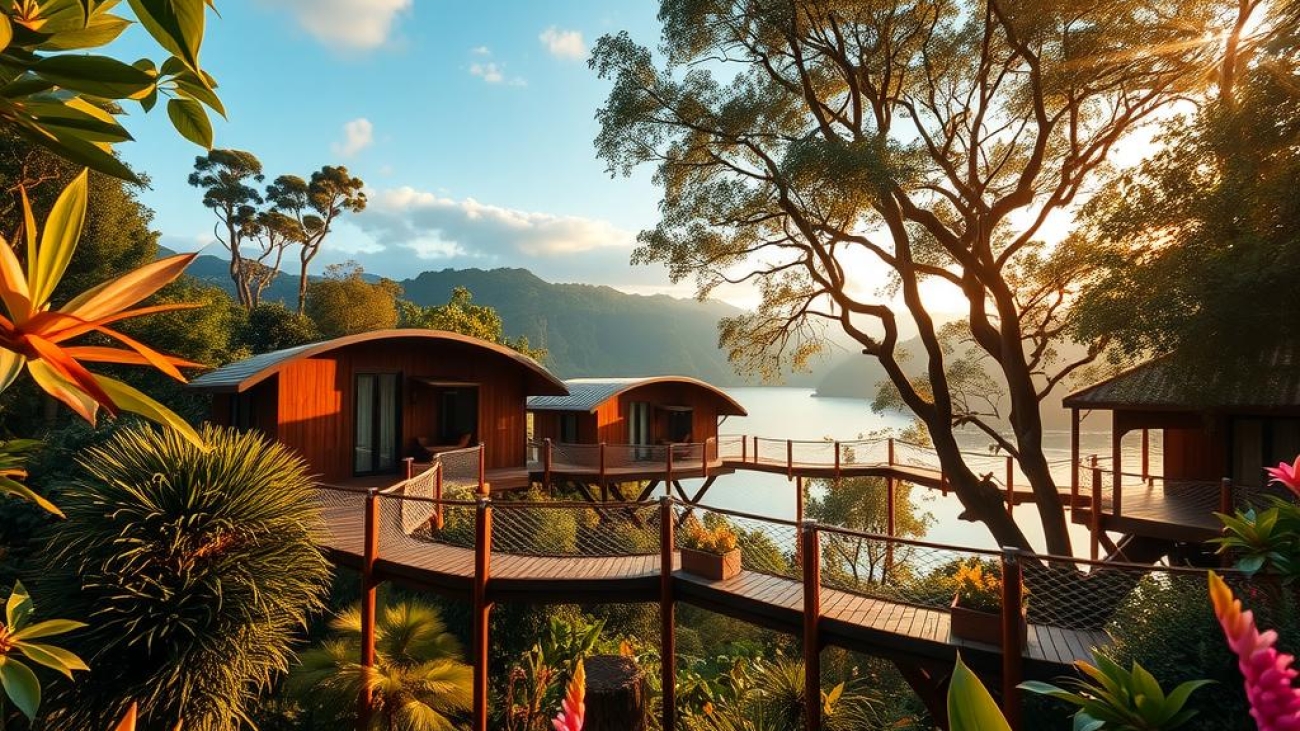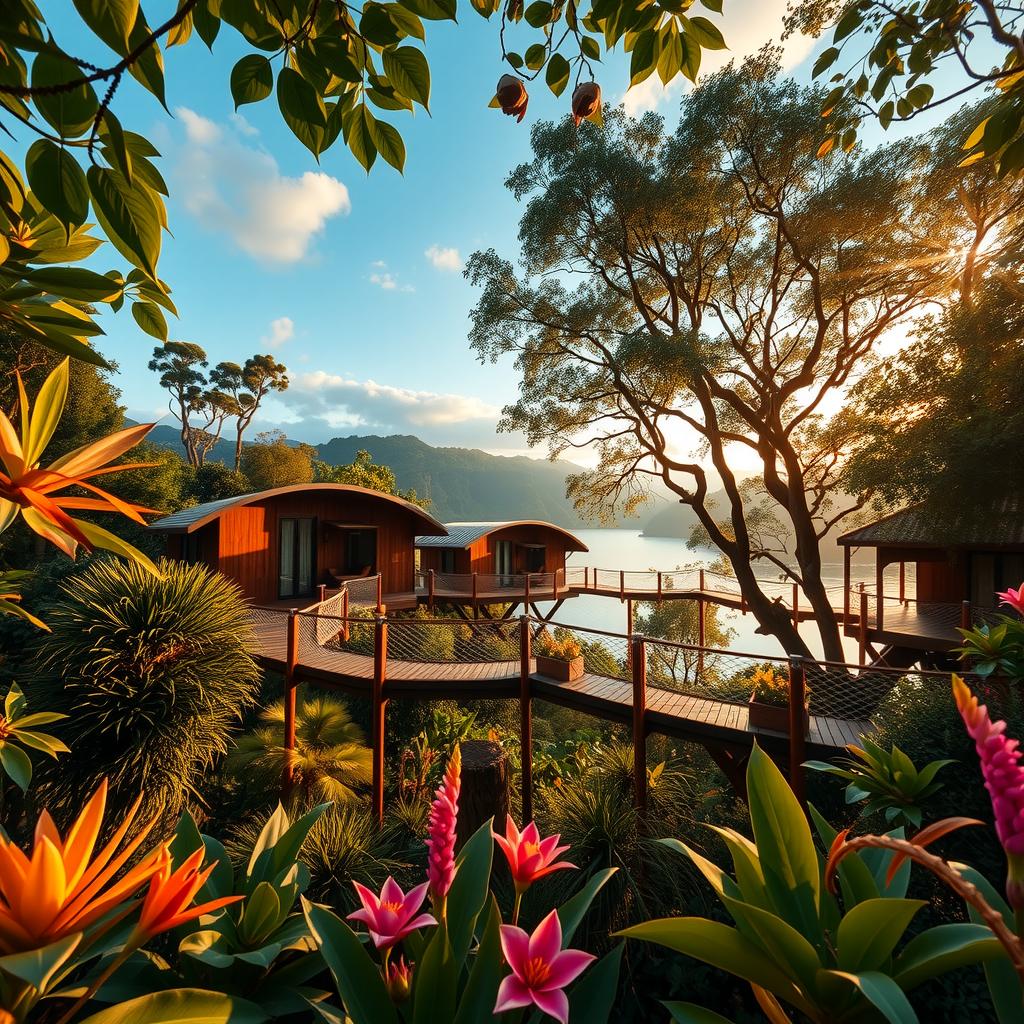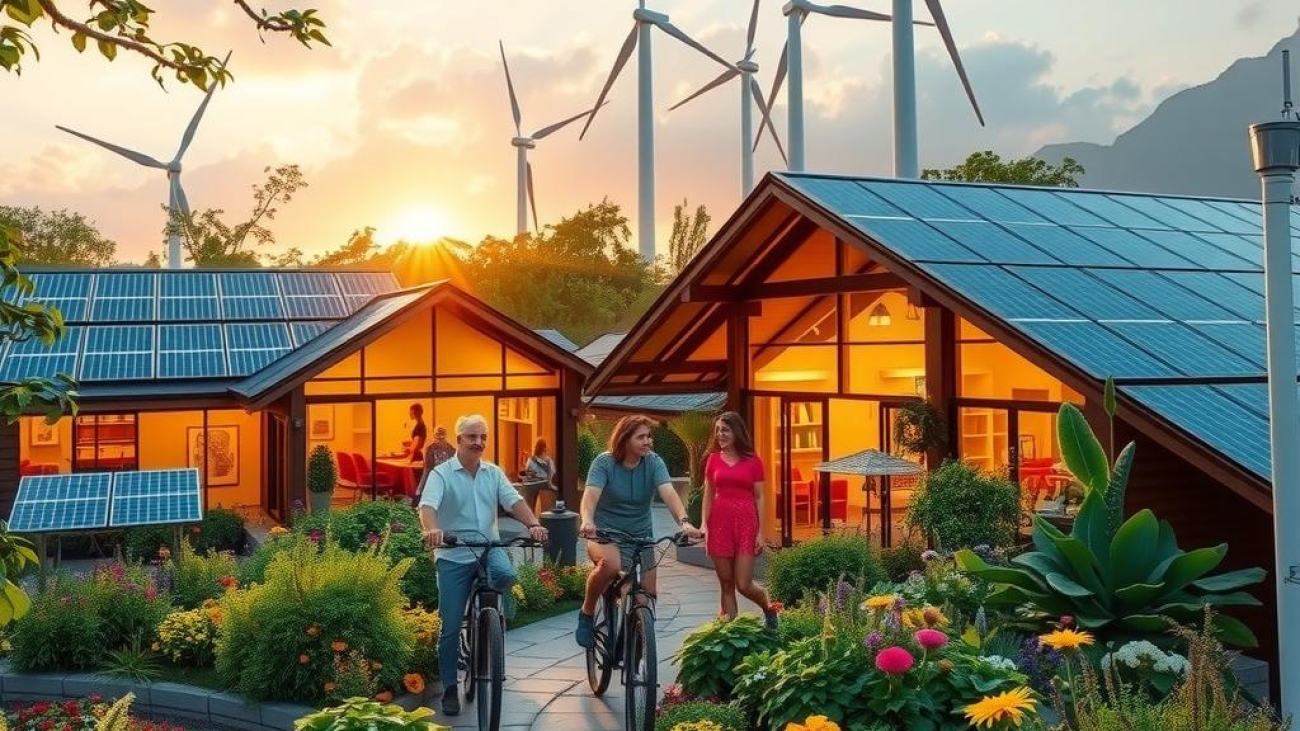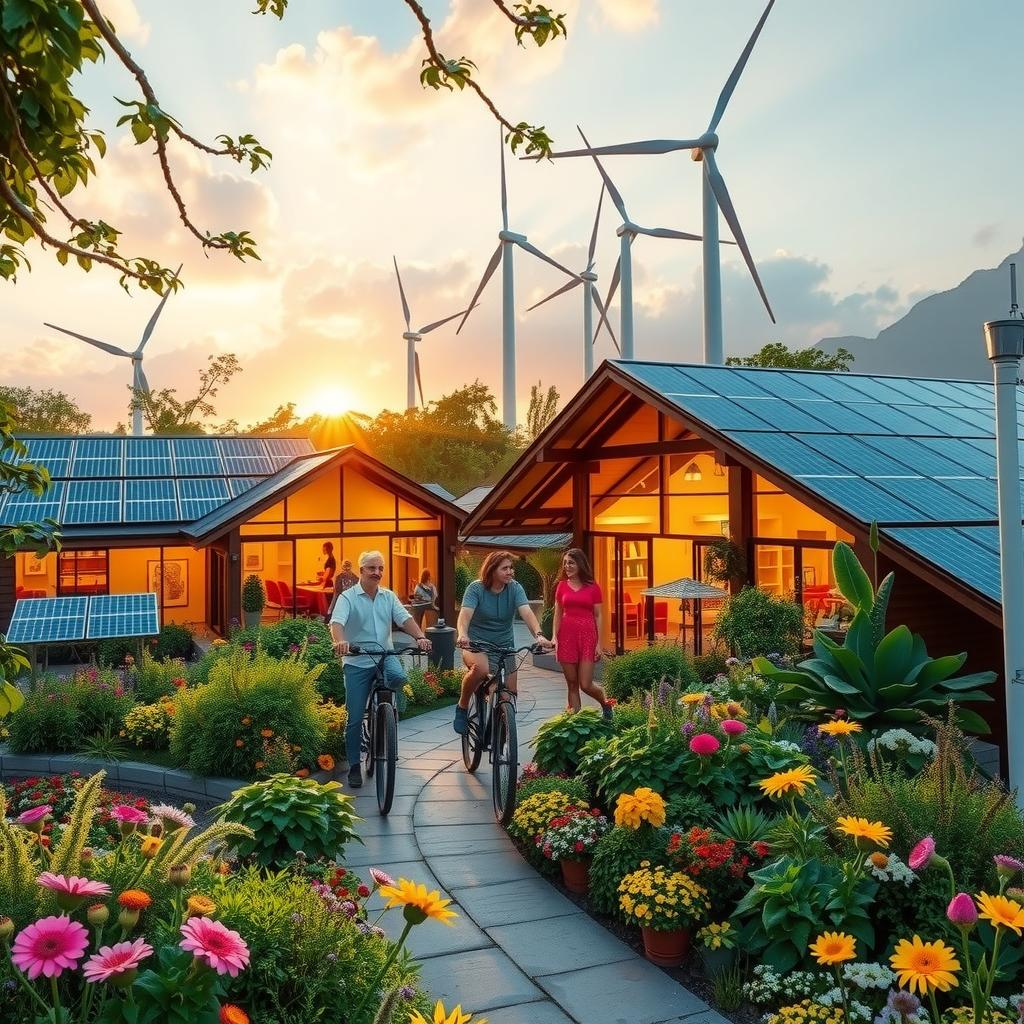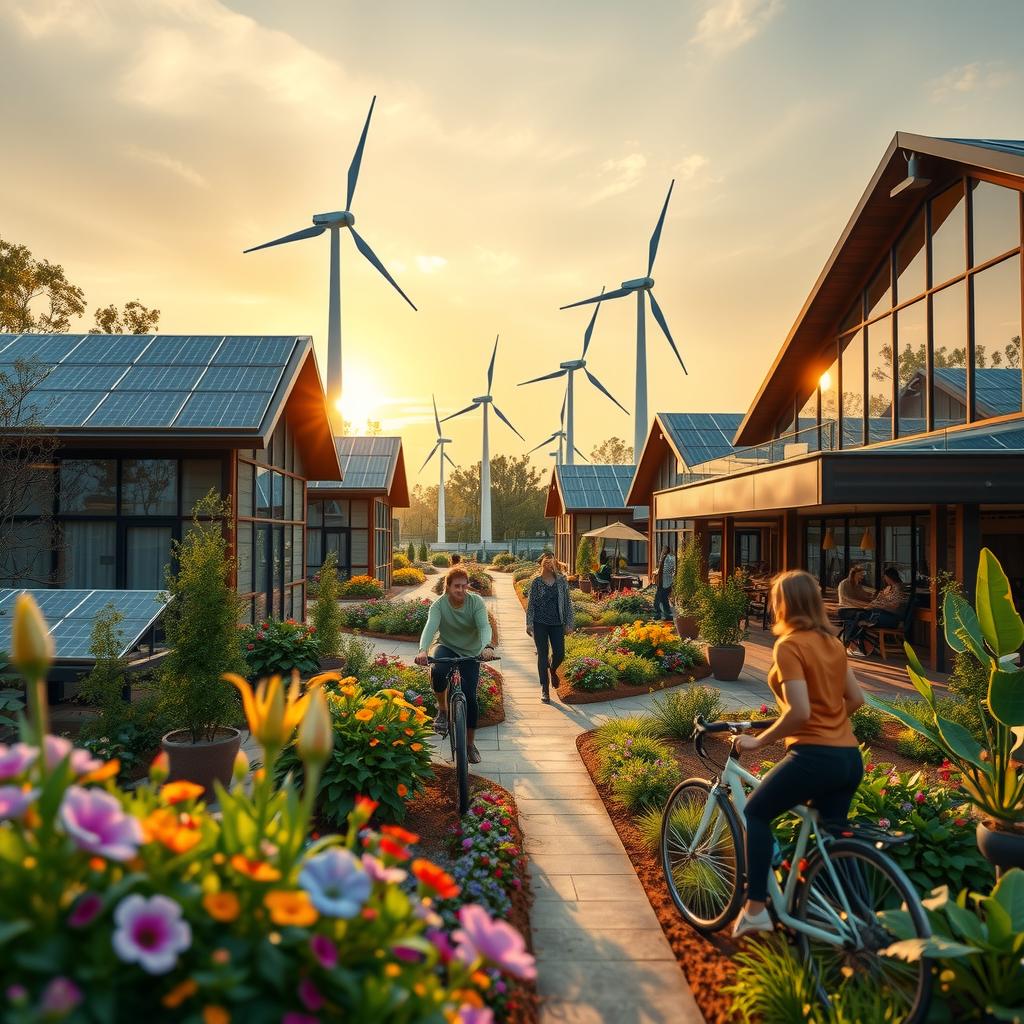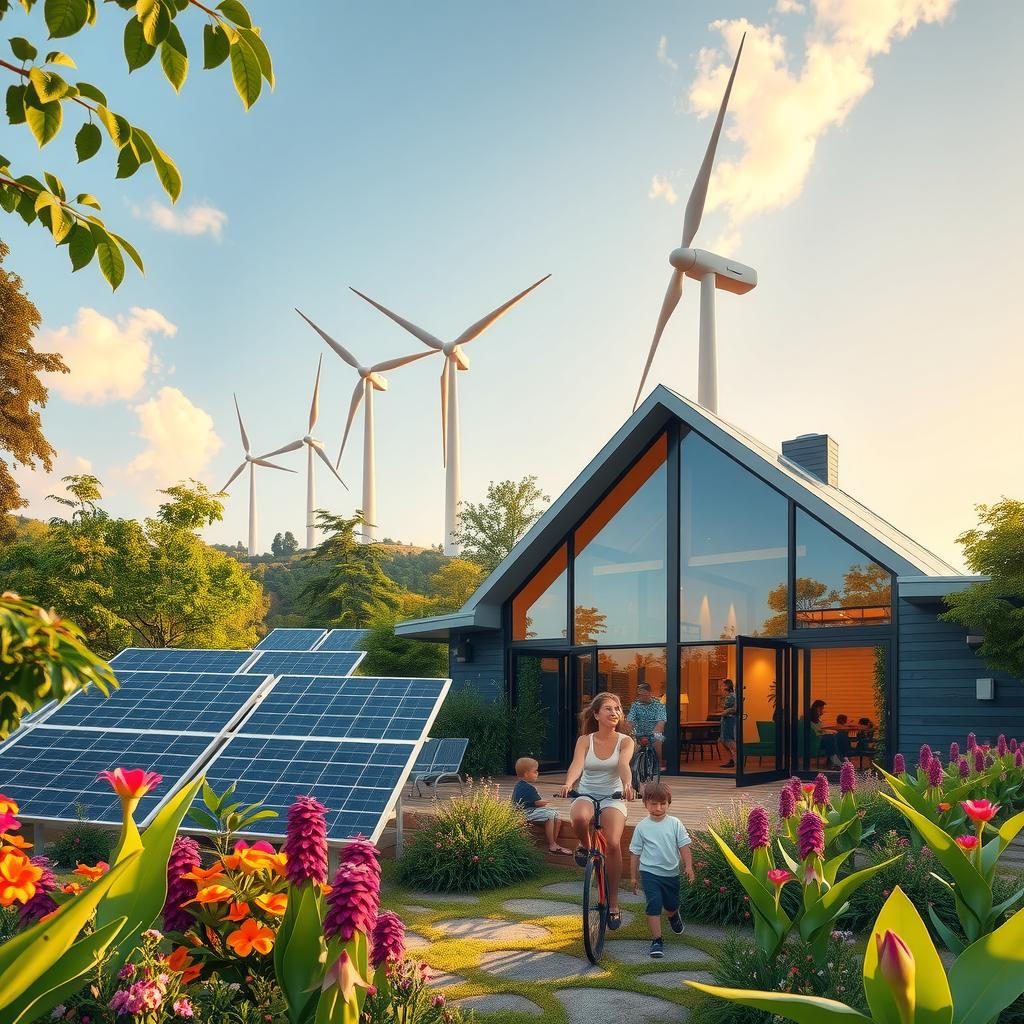In the vast, breathtaking expanse of Mongolia’s Gobi Desert, a unique world awaits travelers seeking authentic experiences that transcend typical tourism. Picture this: rolling sand dunes, rugged mountains, and an endless sky painted with hues of sunrise and sunset. Yet amidst this striking landscape lies something even more extraordinary—the chance to engage with Mongolian nomads through a Mongolian Nomad Family Homestay. These immersive stays offer not just shelter but an opportunity for profound cultural immersion into the lives of traditional nomadic families who have thrived in this harsh yet stunning environment for centuries.
Travel adventures in the Gobi can often feel like mere sightseeing; however, by opting for a family homestay, visitors unlock layers of local traditions that would otherwise remain hidden behind tourist facades. The warmth and hospitality offered by these nomadic families create unique accommodations that invite guests to partake in their daily routines—from herding livestock to preparing traditional meals—allowing them to truly connect with the rhythm of life on the steppes. Such experiences provide insight into age-old customs while fostering meaningful interactions between cultures.
As one embarks on this journey through Mongolia’s enchanting wilderness, they will find themselves not only exploring nature but also forming bonds that bridge geographic divides. Each moment spent among Mongolian nomads is enriched by stories passed down through generations—a tapestry woven from resilience and adaptation deeply rooted in their way of life. The Gobi experiences offered during these homestays go beyond mere observation; they invite participants into intimate gatherings around crackling fires under starlit skies where tales are shared and laughter echoes across the desert.
By choosing a Mongolian Nomad Family Homestay, travelers gain access to an unparalleled adventure steeped in authenticity, leaving behind fleeting snapshots for lasting memories forged within genuine connections. This article delves deeper into what makes these homestays so special—highlighting not just individual encounters but also showcasing how such travel can transform perspectives about culture and community while celebrating nature’s magnificent backdrop that is uniquely Mongolian.
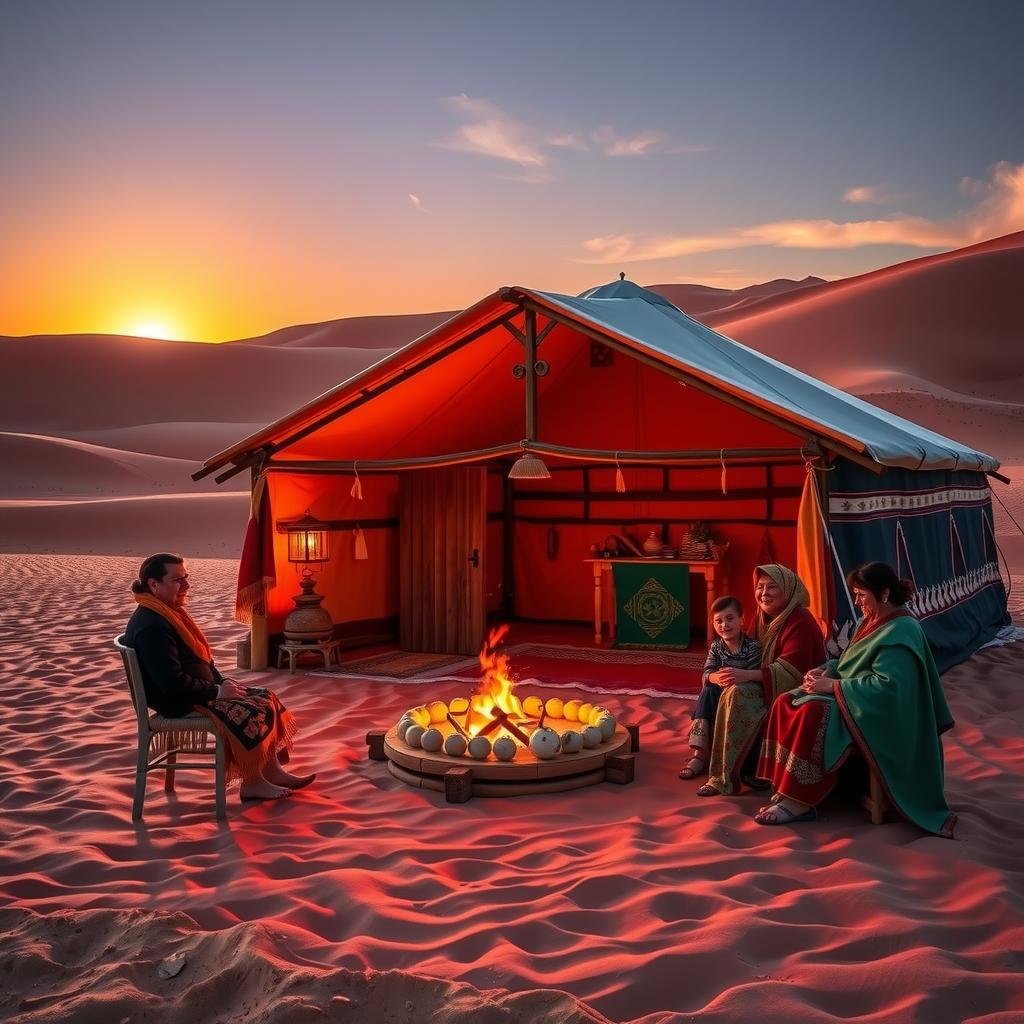
Key Points:
-
Immersive Cultural Experiences: Engaging with Mongolian nomads
Visitors at a Mongolian Nomad Family Homestay have the unique opportunity to engage directly with local families, experiencing their daily lives and rich traditions. This cultural immersion allows travelers to learn about age-old skills such as herding livestock and crafting traditional garments, creating an unforgettable connection that transcends typical tourist experiences. -
Nature Exploration Guided by Locals: Discovering the Gobi Desert
Staying at a Mongolian Nomad Family Homestay means gaining access to local wisdom about navigating the stunning landscapes of the Gobi Desert. With friendly hosts who intimately know their environment, guests can embark on tailored adventures—from exploring sweeping sand dunes to rugged mountain ranges—enhancing both their appreciation for nature and understanding of sustainable living practices embraced by Mongolian nomads. -
Unique Accommodations with Authentic Hospitality: The Heart of Mongolia
The allure of spending nights in cozy gers (yurts) while being enveloped in genuine hospitality is unparalleled. A stay at a family homestay in Mongolia’s Gobi region not only provides comfortable lodging but also fosters connections between visitors and welcoming families eager to share stories around warm fires beneath starlit skies. This atmosphere encourages travelers to step outside their comfort zones and fully embrace transformative travel adventures rooted in authenticity.

Cultural Immersion with Mongolian Nomads
Experience Life Beyond the Ordinary
Engaging with Mongolian nomads offers travelers a unique opportunity to delve into a way of life that is rich in tradition and cultural significance. Unlike typical tourism experiences, which often skim the surface of local customs, participating in homestays allows for an authentic connection with nomadic families. The Mongolian Nomad Family Homestay invites visitors to step into the lives of these resilient communities, where daily routines revolve around herding livestock across vast landscapes and adhering to centuries-old practices. This kind of immersion fosters deep connections that are not only memorable but enlightening.
In many parts of Mongolia, particularly within the expansive Gobi Desert region, families maintain their traditional lifestyles despite modern influences. For those seeking genuine travel adventures, staying at a Mongolian Nomad Family Homestay provides insight into local traditions such as cooking meals over an open fire, crafting traditional garments by hand, or even participating in seasonal festivals that celebrate nature’s bounties. Guests have the chance to learn about horsemanship from seasoned riders who view their horses as partners rather than mere animals; this relationship underscores the bond between nomads and their environment.
The experience goes beyond just observing; it encourages active participation in daily chores like milking camels or herding sheep—activities integral to understanding how these families sustain themselves amidst harsh climatic conditions. By engaging directly with Mongolian nomads during activities like preparing airag (fermented mare’s milk) or building ger homes from felt and wood materials adapted for mobility across pastures, guests develop appreciation for both ingenuity and resilience in these communities.
Moreover, staying at a Mongolian Nomad Family Homestay presents opportunities for nature exploration alongside knowledgeable guides who can reveal hidden treasures within unspoiled landscapes—from majestic mountains looming above endless steppes to unique geological formations that inspire awe among visitors. Travelers will find themselves captivated by starry skies unmarred by urban light pollution while sharing stories around campfires that echo tales passed down through generations.
This journey into Mongolia’s heartland creates moments that transcend ordinary vacations; they become personal narratives interwoven with local culture and history—rich tapestries reflecting human endurance against nature’s challenges. At every turn lies an invitation: whether it’s learning about ancient shamanistic practices still alive today or understanding sustainable living techniques crucial for survival on windswept grasslands—the connections formed during this cultural immersion are profound.
For anyone eager to explore one of Earth’s last frontiers while forging meaningful relationships along the way, embracing life as practiced by Mongolian nomads through stays at places like Mongolian Nomad Family Homestay proves invaluable—a gateway not merely into another culture but also towards self-discovery amid breathtaking natural beauty.
Discovering the Gobi Desert: A Journey of Wonder
Embrace the Beauty and Wisdom of Nature
Embarking on an adventure in the Gobi Desert offers travelers a unique opportunity to immerse themselves in breathtaking vistas, rich local traditions, and sustainable living practices. With its vast expanses of sand dunes, rugged mountains, and unique wildlife, the Gobi represents one of nature’s most awe-inspiring landscapes. Guided by the wisdom of Mongolian nomads, visitors can explore this stunning environment while participating in activities that promote environmental consciousness. Staying at a Mongolian Nomad Family Homestay allows guests to experience authentic cultural immersion as they engage with local families who share their way of life amidst these desert wonders. The family homestay provides not only distinctive accommodations but also a chance to learn traditional skills such as herding sheep or preparing traditional meals using locally sourced ingredients.
Sustainable Living Amidst Ancient Landscapes
Engage with Local Traditions for an Enriching Experience
In addition to exploring dramatic scenery, participants have access to guided tours that highlight sustainable living practices embraced by Mongolian nomads over generations. These communities have thrived in harmony with their environment, demonstrating principles that modern travelers can adopt into their own lives. Activities may include eco-friendly camping under star-studded skies or hiking along ancient caravan routes where stories are shared about past traders and explorers who traversed these lands long ago. By choosing a stay at a Mongolian Nomad Family Homestay, travelers contribute directly to preserving these invaluable customs while gaining insights into navigating life’s challenges sustainably within this mesmerizing desert ecosystem.
Cultural Immersion through Unique Accommodations
Create Lasting Memories While Respecting Nature
Through engaging experiences like visiting local markets or participating in traditional festivals during one’s journey through the desert landscape, individuals forge connections that transcend mere travel adventures; they become partakers in vibrant cultural heritage. Each moment spent at the Mongolian Nomad Family Homestay enriches understanding not just about survival techniques but also about community bonds forged through shared history and respect for nature’s gifts. Whether it’s learning how to craft intricate handicrafts from natural materials or listening attentively around evening fires as tales unfold under moonlit skies – every encounter deepens appreciation for both people and place alike within this magnificent setting filled with history waiting to be explored.
Savoring the Flavors of Mongolia
Discover Authenticity in Every Bite
In the heart of Mongolia, culinary experiences unfold that are as rich and varied as its vast landscapes. The Mongolian Nomad Family Homestay offers guests an unparalleled opportunity to savor authentic Mongolian cuisine, made from ingredients sourced directly from nature. Each meal serves as a vibrant representation of local traditions and flavors, showcasing dishes that have been passed down through generations among Mongolian nomads. Fresh lamb, hearty vegetables, and aromatic herbs come together to create meals that not only nourish the body but also tell a story about the land and its people. Guests at this unique accommodation can indulge in traditional recipes such as buuz (steamed dumplings) or khuushuur (fried meat pies), each bite infused with cultural significance. This culinary journey extends beyond mere tasting; it becomes an exploration of Gobi experiences where every flavor evokes memories tied to family gatherings around communal tables under expansive skies.
A Feast for All Senses
Experience Nature’s Bounty
The essence of Mongolian cuisine lies in its connection to nature—a philosophy beautifully embraced by the Mongolian Nomad Family Homestay. Here, meals are crafted using fresh produce harvested from nearby fields and livestock raised right outside one’s ger (traditional yurt). This ensures that each dish is not only delicious but also celebrates sustainability and respect for the environment. Diners will find themselves captivated by the vibrant colors on their plates—bright greens from freshly picked vegetables mingling with tender cuts of meat prepared over open fires, filling the air with tantalizing aromas that beckon them closer. In addition, cultural immersion is deepened through communal cooking sessions led by host families who share stories behind each recipe while teaching valuable skills rooted in tradition. With every taste comes a deeper understanding of how these culinary practices reflect local customs—creating memorable travel adventures characterized by delectable food amidst breathtaking scenery.
Culinary Traditions Passed Down Through Generations
Embracing Local Culture
Dining at Mongolian Nomad Family Homestay transcends just eating; it’s an invitation into a world where food acts as a bridge linking travelers to local culture and traditions woven throughout history. Families take pride in preparing meals using age-old techniques learned from ancestors who relied on natural resources available within their surroundings for sustenance long before modern conveniences emerged. As visitors enjoy their home-cooked feasts featuring staples like milk tea or dried yogurt known locally as “aaruul,” they gain insight into how nomadic lifestyles shape culinary choices even today—from seasonal variations dictated by migration patterns to specialized methods designed for preserving foods during harsh winters when fresh produce may be scarce. Each ingredient tells tales wrapped up within layers upon layers—creating unique accommodations filled with warmth resulting not just from hospitality but genuine connections forged through shared meals steeped both literally & figuratively in flavors echoing across centuries.
An Unforgettable Culinary Journey
Connecting Through Food Experiences
Food represents far more than nutrition; it embodies community spirit—the kind found readily at Mongolian Nomad Family Homestay, where dining transforms into cherished rituals celebrated alongside fellow travelers seeking authenticity amid adventure-seeking escapades across stunning terrains like those seen throughout Gobi desert expeditions! Engaging actively while discovering ways locals incorporate environmental influences into everyday fare fosters appreciation toward diverse ecosystems nurturing both flora/fauna alike thriving here harmoniously together! Visitors delightfully partake amongst lively chats surrounding steaming bowls brimming forth offering warm comfort reflecting simplicity yet depth inherent within every carefully curated plate served brightening evenings spent reminiscing together under star-studded skies encouraging laughter bonding friendships formed earlier embarked journeys exploring magnificent landscapes awaiting discovery ahead! Indulging one’s palate thus becomes integral part unfolding narrative connecting hearts minds enriching overall experience ensuring lasting impressions left behind long after departing once again returning back home carrying pieces forever etched memories created sharing time spent indulging senses awakening joy celebrating life itself amidst enchanting atmosphere inviting all join feast unforgettable indeed!
Frequently Asked Questions:
Q: What is a Mongolian Nomad Family Homestay?
A: A Mongolian Nomad Family Homestay offers travelers an opportunity to stay with local nomadic families, immersing themselves in the unique culture and lifestyle of Mongolia’s Gobi Desert. Guests experience daily life alongside the nomads, learning about their traditions, skills, and sustainable living practices.
Q: How can guests benefit from cultural immersion during their stay?
A: By participating in a Mongolian Nomad Family Homestay, visitors engage directly with Mongolian nomads, gaining insights into their customs and way of life. This hands-on experience allows travelers to enjoy storytelling around fires, herding livestock, or even crafting traditional garments while forging personal connections that enrich their travel adventures.
Q: What types of experiences can one expect at a homestay in the Gobi Desert?
A: Staying at a family homestay in Mongolia’s Gobi region provides access to breathtaking landscapes and local knowledge about nature exploration. Activities may include hiking through sand dunes or mountain ranges under expert guidance from friendly hosts who tailor each day’s adventure based on guests’ interests while promoting appreciation for local traditions.
